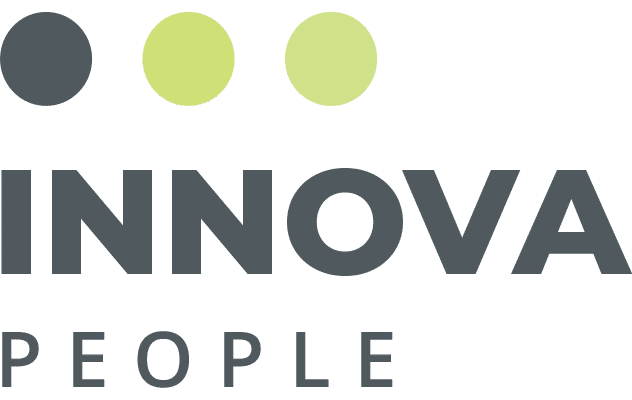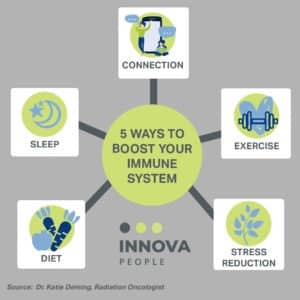As states begin the reopening process, most companies are evaluating their work from home policies. Many big-tech companies are leading the way in assuring employees they can work from home until the coronavirus clears up.
Google has extended its work from home limit for the remainder of 2020. Those employees who need to return to the office would be able to do so in June or July, with specific safety measures. Contrary to its original plan in April, where Google told employees it was extending work from home to June 1 and planned to “stagger” a return to the office.
Facebook, CEO Mark Zuckerberg, told employees that the company had updated its remote working policy to allow most of them to work from home permanently. However, offices will reopen on July 6 after the Independence Day long weekend for those who need to return. The company will also begin taking job applications for remote positions later this year and start allowing most of its employees to request a permanent change in their jobs to remote work.
The social media giant has more than 48,000 employees working in 70 offices worldwide, is the largest company yet to move aggressively into remote work in the wake of the pandemic.
Zuckerberg said in a live stream on his personal page this week that he guesses as much as 50 percent of the company workforce could be working entirely remotely in the next five to 10 years.
“The reality is that I don’t think it’s going to be that we wake up one day on January 1, and nobody has any more concerns about this,” said Zuckerberg on the live stream about the lasting impact of Covid-19 on office employees. Zuckerberg went on to lay out immediate and gradual shifts the company will be making to how it manages and hires new workers.
The announcement comes after Twitter announced it would allow its entire workforce to permanently work remotely, along with other tech companies like Shopify and Coinbase. Up the West Coast, Amazon headquartered in Seattle, currently allows corporate employees to work remotely until at least October, the company said earlier this month.
Still, many questions remain about the shift to remote work. Will collaboration be the same? What about the perks and the lure of a modern campus? What about diversity and inclusion?
One sure thing; these moves illustrate how swiftly the COVID-19 pandemic is reshaping the global economy and will be a part of the American landscape for the foreseeable future.
Not sure which direction to go in regards to letting employees going back to the office? Contact our HR experts to help guide you.




